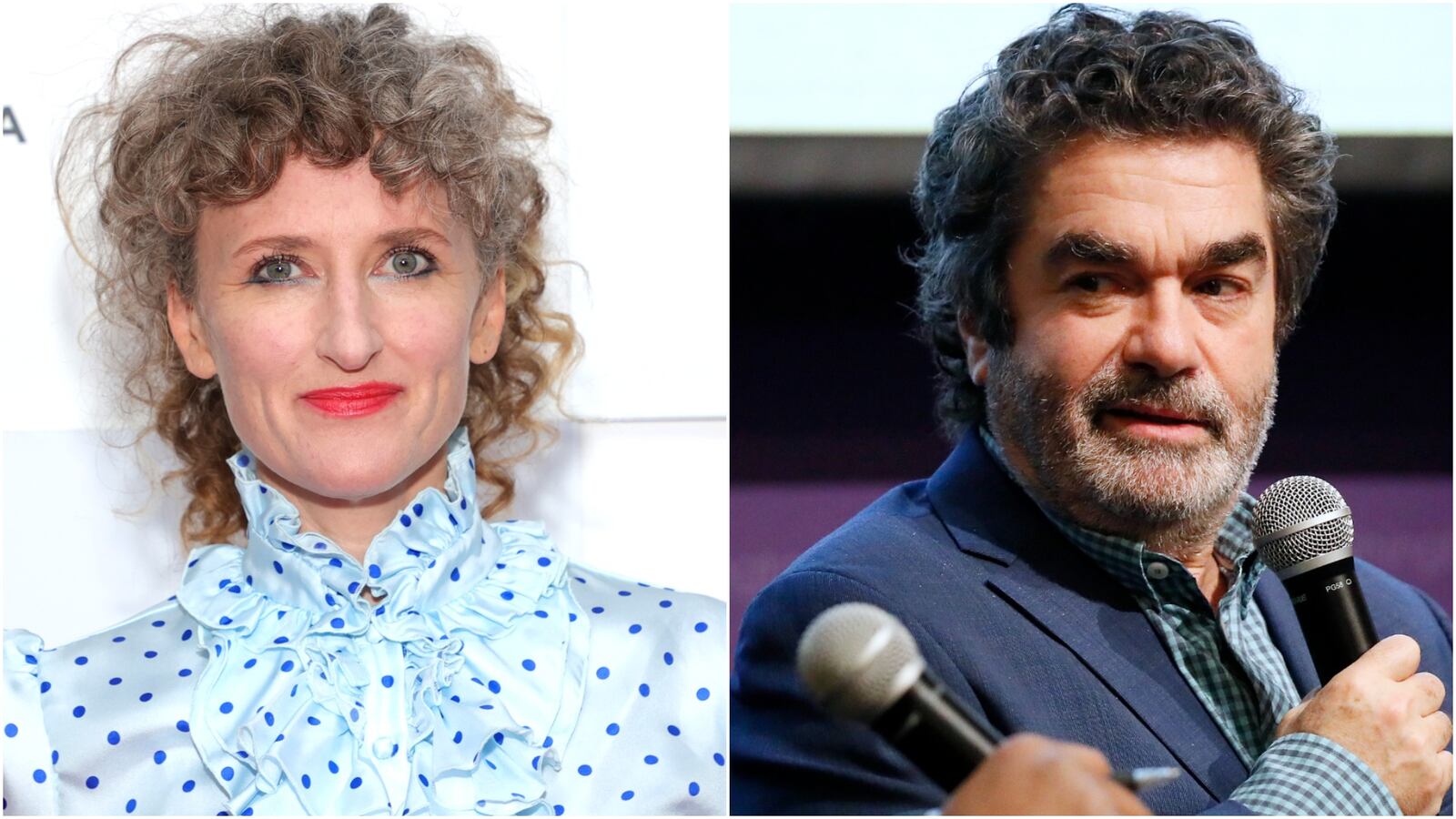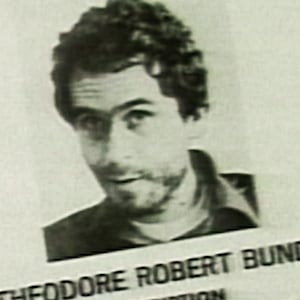Given that there are already several Ted Bundy films floating around in the world (including two released last year) and that all of us have a finite amount of time on this planet, it seems fair to ask why we needed another.
But when asked that very question during a Refinery29 interview, Amber Sealey—whose Bundy-centric film No Man of God premiered at Tribeca Film Festival on Friday—said that previous projects have missed the mark.
“They always glorify him,” she said. “They make him out to be a male model—so smart, so charismatic, a master of disguise. I don’t see that. When I look at him and I watch interviews and I listen to the tapes, I see a deeply insecure, needy—almost like an incel—kind of guy who just wants accolades and wants people to tell him how great he is.”
During the interview, Sealey did not mention Joe Berlinger, the director whose Netflix documentary Conversations With a Killer: The Ted Bundy Tapes and Zac Efron-fronted Netflix movie, Extremely Wicked, Shockingly Evil and Vile, both received criticism for this very problem when they debuted in 2019.
In an email to Variety, Sealey claimed she has not name checked Berlinger or his films in any of her sit-downs with press. But evidently, he took her comments personally anyway—and sent her an angry email over it on the day of her premiere.
“Forgive the unsolicited advice,” Berlinger wrote in an email shared to Instagram by Sealey and obtained by Variety, “but after reading some of your interviews about your Bundy movie, I feel compelled to tell you that tearing down my work to promote yours is a slippery slope and intellectually dishonest and deeply offensive. How did my film glorify Bundy? Do you know anything about me and my 30 years focusing on criminal justice issues in my work, from wrongful conviction to victim advocacy?”
The two-time Emmy winner went on to air out his grievances with the reviews his own work received. “There was a lot of hypocrisy in the reviews of my two projects,” he insisted.
Sealey, Berlinger added, is “intellectually dishonest” for daring to criticize his work—which, again, she claims she never specifically criticized.
“The idea that you’re a woman doing this and that a woman should direct a film about this subject is spot on and a great talking point,” Berlinger magnanimously granted, “—but to take it a step further and tear down your predecessors, particularly when my doc series was the #1 unscripted show on Netflix in 2019 and my Efron movie was the #4 program of all programming on Netflix in 2019—are you saying that the same audience you are courting is so tasteless that they all loved a film that glorified a vicious serial killer?”
In case those credentials weren’t enough, Berlinger made sure to remind Sealey that his work has also “gotten wrongfully convicted people out of prison; has changed laws and racially biased polities in prison; has led to the recognition by the U.S. Congress for the Armenian genocide, among other social justice endeavors.”
Somehow, however, Berlinger saved his richest comment until the end: “perhaps as a woman,” he wrote, “you will avoid some of the vitriol I received from some corners who seemed to have a pre-meditated agenda to criticize—but I predict you will probably see a bunch of reviews that misunderstand your work and accuse you of what you now accuse me of in your self-promotion, so perhaps you will later have more empathy for what I’m saying here. Good luck with your premiere.”
In her email to Variety, Sealey said Berlinger’s name came up once during a podcast interview she doesn’t think he’s heard, but that she never said anything about his films during press sit-downs. “There have been 20 films made about Bundy,” she wrote, “and it was surprising to me that he took my comments so personally.”
“It also felt like he was saying if my film was to be positively reviewed that would only be because I am a woman and could avoid, in his words, the ‘vitriol’ that his movie got in his reviews,” Sealey added.
In a statement to IndieWire, Berlinger said he’d expressed his feelings to Sealey “in a thoughtful manner.”
“Promoting her film about the rape and murder of women by tearing down my film that was designed to be a victim-focused film about the psychology of betrayal and deception, made with the full support of victim Liz Kendall, played by Lily Collins, and was supported by other victims of Bundy’s crimes felt intellectually dishonest,” he wrote in part. “…Her publication of that private email is as self-promotional as her comments about my film… Remember, she made it public, not me. Mine was a private email.”
In a follow-up statement to IndieWire, Berlinger clarified that in listing his many credentials, he was not “patting myself on the back. The point I was making is that in my three decades of nonfiction criminal justice filmmaking, I have spent considerable time with real victims and their families advocating both personally and filmically for them… victims are always front and center in all of the work that I have done in this space.”
Berlinger also told Variety that it seems “disingenuous” for Sealey to claim her comments during the Refinery29 interview and elsewhere are not about his work.
“I am not sure how an email letting her know that her words were hurtful to me is an attempt to silence her… what control do I have over another filmmaker?” he added. “As to the veiled references to misogyny, I will let my record of those who know and work with me, from to the number of women I have personally helped get into the DGA to the number of women show runners I hire, to speak for itself.”






